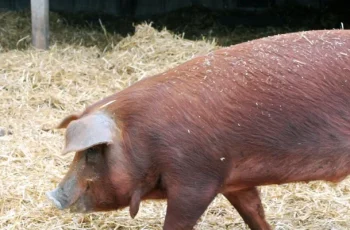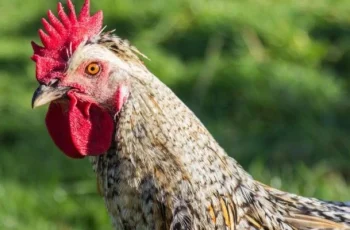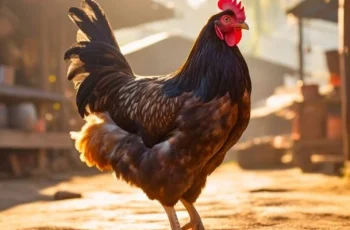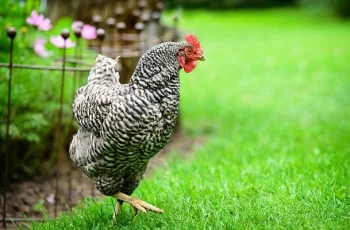Orpington Chickens: A Guide to This Beloved Breed
Orpington chickens are a favorite among poultry keepers due to their calm temperament, impressive size, and reliable egg-laying abilities. Whether you’re new to raising chickens or an experienced farmer, adding Orpingtons to your flock can be a rewarding experience. These birds are prized for their gentle nature, striking appearance, and dual-purpose use for eggs and meat.

Origins of Orpington Chickens
Orpington chickens were developed in the late 19th century by William Cook, a breeder from Kent, England. His goal was to create a bird that excelled in both egg and meat production. By crossbreeding Black Langshans, Minorcas, and Sussex chickens, he produced the Orpington breed.
The breed quickly gained popularity for its large size, excellent egg production, and docile nature. Orpingtons arrived in the U.S. in the early 20th century, where they thrived due to their hardiness and adaptability. Over time, various color varieties emerged, including black, blue, and chocolate. While black is the most common, blue and chocolate Orpingtons are admired for their unique beauty.
Physical Features
Orpington chickens are large birds, with hens weighing 6–8 pounds and roosters reaching over 10 pounds. They have a well-proportioned, round body covered in soft, dense plumage, which helps insulate them in cold weather. Their most common color is glossy black, though blue and chocolate varieties exist.
They typically have a single, broad comb, white earlobes, and bright, expressive eyes. Their medium-length legs support their sturdy build, making them ideal for both egg and meat production.
Temperament
One of the most appealing traits of Orpington chickens is their calm, friendly nature. Unlike more skittish breeds, Orpingtons are docile, making them a great choice for families with children or first-time chicken keepers.
They are social birds that get along well with other chickens and livestock. Their easygoing nature means they rarely engage in pecking or bullying behaviors, making them ideal for mixed flocks.
Egg Production
Orpington chickens are reliable layers, producing 200–280 large brown eggs per year. Hens start laying around 5–6 months of age, and while production may slow during winter, they remain moderate to consistent layers.
Their eggs are known for their rich, flavorful yolks, making them a favorite among poultry keepers. Besides eggs, Orpingtons are valued for their meat, offering a good yield of tender, flavorful meat. While they don’t grow as quickly as some commercial meat breeds, their size and quality make them an excellent dual-purpose bird.
Care and Maintenance
Orpington chickens are relatively easy to care for, thriving in various climates. A clean, well-ventilated coop with ample space is essential. Proper bedding, such as straw or wood shavings, helps maintain hygiene.
A balanced diet with high-quality poultry feed ensures good health and productivity. Fresh water should always be available, and occasional treats like vegetables and grains can supplement their diet. If allowed to free-range, Orpingtons will happily forage for insects and plants, reducing feed costs.
Regular health checks help prevent common poultry issues like respiratory infections and parasites. Keeping their environment clean and providing fresh water are key to maintaining a healthy flock.
Benefits of Raising Orpington Chickens
Consistent Egg Production: Lays 200–280 large eggs annually.
Dual-Purpose Use: Excellent for both egg and meat production.
Friendly and Docile: Ideal for families and beginner poultry keepers.
Hardy and Adaptable: Thrives in different climates.
Attractive Appearance: Soft, glossy feathers in black, blue, and chocolate.
Social and Peaceful: Gets along well with other birds and animals.

Conclusion
Orpington chickens are a fantastic addition to any flock. Their gentle nature, steady egg production, and dual-purpose value make them ideal for homesteads, backyards, and small farms. Whether you’re looking for a reliable egg layer, a meat bird, or simply a friendly addition to your farm, Orpington chickens offer numerous benefits. With proper care, they will provide years of productivity and enjoyment.



